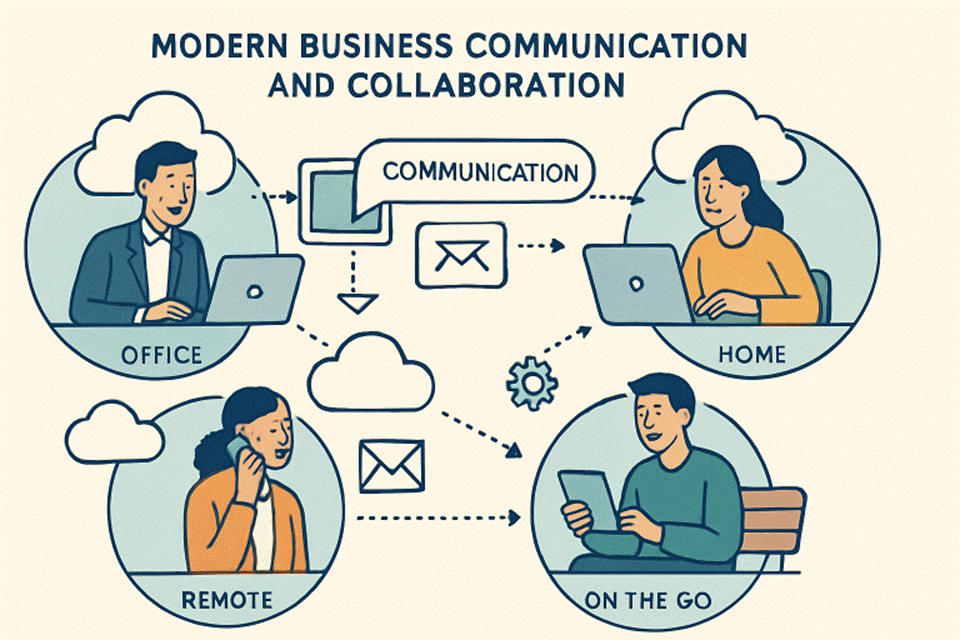Recent scenes of bumper-to-bumper traffic and queues of lorries along roads leading to the England`s ports of Dover and Folkestone could become part of UK travel reports without the right technical and diplomatic reforms.
The Port of Dover was forced to declare a critical incident after people waiting to board the ferry were left waiting for 11 hours on Friday 22 July, the start of the UK’s busiest weekend for travel. The time to get through passport control was cut to one hour next Sunday, but port officials and ferry companies are expecting another busy weekend.
With the holiday and freight traffic keen to make up for a lost time during the pandemic, and post-Covid-19, congestion in and around the UK’s transport hubs is likely to remain high for some time. Not only are there missed connections and ruined vacations at stake, but travelers are also stuck in traffic for hours without access to food, water, and toilets. It is also a major challenge for shipping goods from the UK to the EU to export goods, including fresh produce, which is at risk of spoilage if delayed.
Indeed, these scenes have become an increasingly familiar sight on UK screens and front pages in recent years. Brexit travel arrangements and border controls came into force after the end of the transition period in December 2020.
But this change was only really felt by the freight industry, and to a lesser extent the passenger transport sector, in January 2022, as travel increased alongside the post-pandemic school holidays. P&O Ferries’ decision to suspend services following mass Easter redundancies had a similar effect.
If this was simply an operational problem, it could have been tackled with better resources and management, but there are also indications that it is a structural and political problem as a result of Brexit. In this case, a combination of solutions will be needed to address the problem and reduce the risk of disruption to UK freight and tourists.
Constraint Theories
There are several theories as to why this outage is happening. Resourcing is clearly an issue. UK passport holders now need a stamp and confirmation of the reason for travel to the EU and this requires additional time with the passport authorities.
In addition, UK reports claimed that France provided only six border control officers for the 12 booths available at the Dover checkpoint. While French officials cited the Channel Tunnel travel incident as causing Their inspectors were delayed. The ongoing debate over who should pay what to staff passport control has not helped the situation.
Brexit has also been highlighted as a key reason for disruption to travel. But the exact reasoning depends on political views. In the UK, Brexiteers accuse the French government of not providing adequate support. While Remainers, and French officials cite another reason why the UK should not have left the EU.
Simplify Future Travel
Any solution to this travel bottleneck will involve tackling the twin challenges of resourcing and post-Brexit UK-Europe relations. More French resources at the UK border will help manage the increased processing of necessary documents as a result of Brexit. But this will require a political solution, both in terms of mutual support and adequate financing.
And even if we accept this new normal in terms of mobility. Climate challenges on the canal could wreak further havoc. In 2019, Storm Gareth caused a seven-mile long queue of trucks when canal crossings were halted due to bad weather. Addressing the issue will require both governments to improve infrastructure around their England`s ports. To handle passenger and cargo traffic when ferries are canceled or delayed due to bad weather.
Technology will also play a key role in reducing some of the processing delays. The ability to store digital applications and document processing windows for crowd control can also help. But
The UK Government’s Goods Vehicle Movement Service (GVMS) is a portal for freight transport. That provides a single portal for all paperwork required by customs. This will help, but is not the same as free movement and will involve processing delays compared to pre-Brexit. Small and medium-sized businesses may also need support. And training to use these digital tools to both import and export goods between the UK and the EU.
From September, an EU requirement for biometric processing of all visitors. (carriers and passengers) to the EU from the UK will come into force. This can cause delays in processing car or truck drivers at ferry or train terminals. As it may require people to leave their vehicles for screening. However, the introduction of the EU’s UK Visa Waiver Program (ETIAS). In 2023 could offset some of this increase in border processing times.
Although there are many technical solutions that continue to be used England`s ports for UK freight. And tourism travel can solve problems, such efforts need to be supported by increased cross-border cooperation. Politicians on both sides of the Channel must work together to identify solutions that will further reduce travel chaos.
For more information, please visit friday night funkin unblocked games 911.













